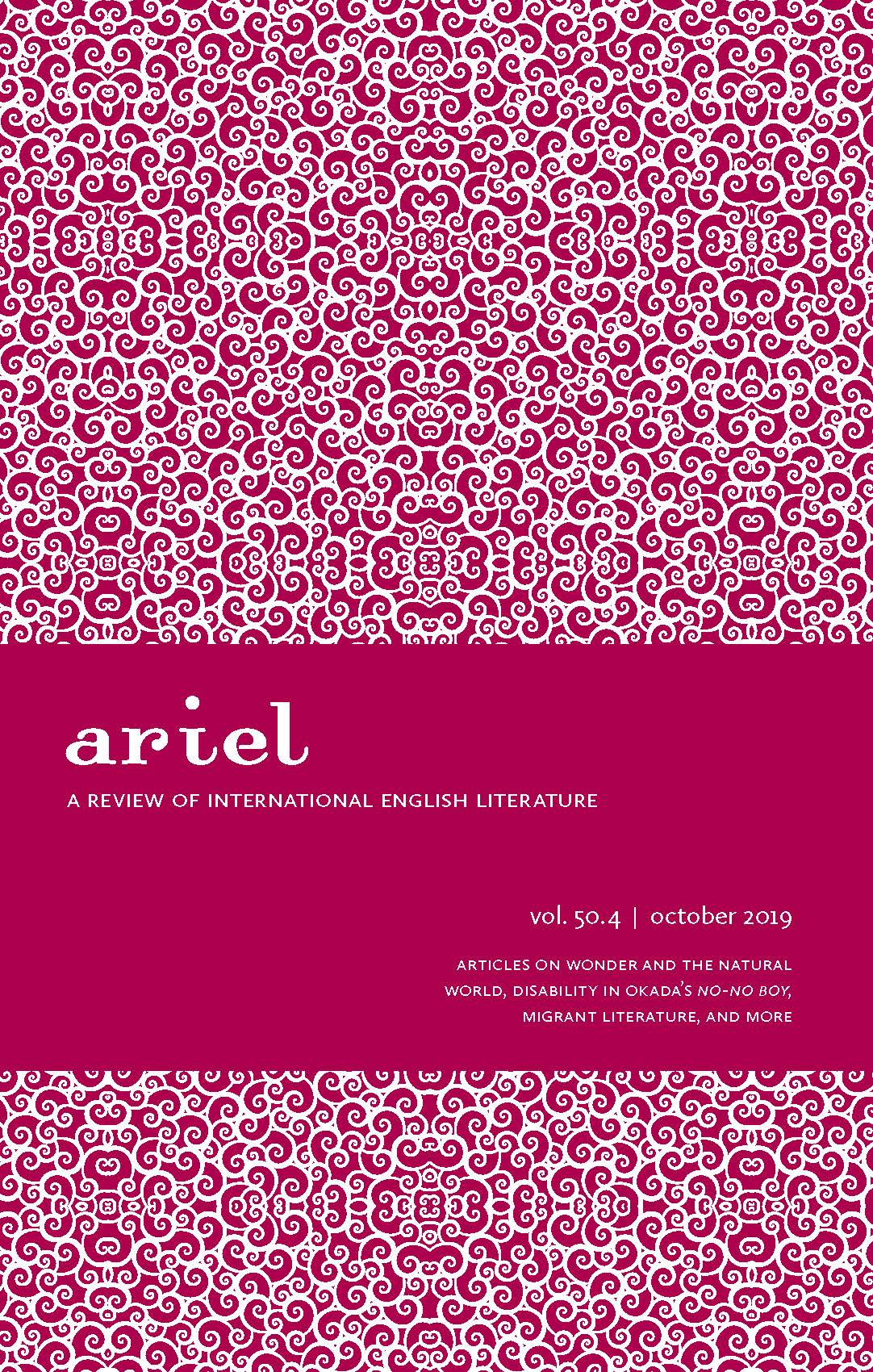‘Surprising, Rare, Unconceivable’: Animal Wonders in the Exotic Tradition
Keywords:
wonder, animals, exotic, magic realism, BehnAbstract
From Herodotus onwards, the European tradition offers a rich record of wonderment as a primary constitutive of humans’ response to animals. According to Philip Fisher, “the experience of wonder continually reminds us that our grasp of the world is incomplete” (24). This article seeks to trace the changing function of wonder in response to nonhuman species as its manifests in the literary record. The first part of the discussion focuses on the Fifteenth to the Seventeenth Centuries: focussing on the writings of Christopher Columbus, Antonio Pigafetta, René Descartes, and Aphra Behn, it explores how the transformation from Medieval to Early Modern ways of understanding the nonhuman world was experienced through encounters with astonishing species of animals previously unknown (to Europeans), and accompanied by radical shifts in the systems of knowledge that had previously been brought to bear on nonhuman living beings. The second part of the article conducts a brief examination of the role of wonder in the more recent literary tradition of magic realism, with a focus on the works of Jorge Luis Borges, Gabriel García Márquez, and Yann Martel.


